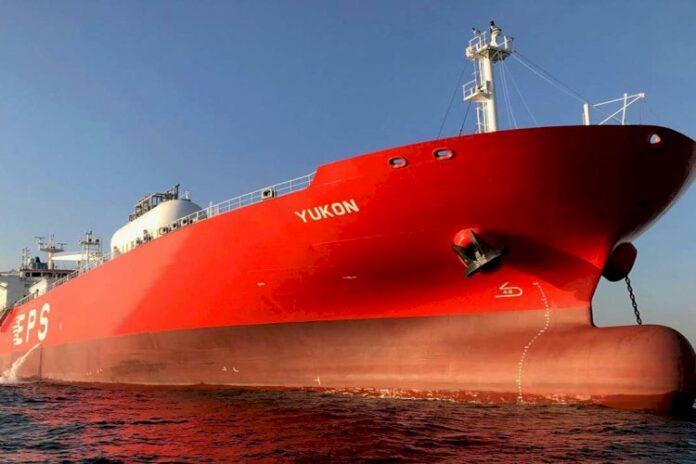Eastern Pacific Shipping (EPS) has been awarded the world’s first LNG Dual Fuel Newcastlemax bulk carrier contract by global resource giant BHP. The five vessels, which will be carrying iron ore between Western Australia and China, are scheduled to be delivered throughout 2022.
The fleet of 209,000 DWT vessels will be powered by LNG, an alternative marine fuel proven to significantly lower greenhouse gas (GHG) emissions. LNG has emerged as a viable and readily available solution that reduces sulphur oxide, carbon dioxide, nitrogen oxide and eliminates particulate matter. In addition, these vessels will be fitted with high-pressure MEGI engines which reduces methane slippage to negligible levels.
EPS CEO Cyril Ducau states:
“We are thrilled to partner with BHP, one of the world’s largest dry bulk charterers on this landmark deal. When discussions began, it became evident that our values and sustainability agendas were aligned. BHP’s commitment to making a positive change for the industry resonated with our decarbonisation mission and our culture of environmental protection. This deal also sends a clear signal to the industry that progressive companies, like BHP, have viable options to lower their carbon footprint today. When these vessels deliver in 2022, they will be the cleanest and the most efficient in the entire dry bulk shipping fleet and will be IMO 2030 compliant eight years ahead of schedule.”
BHP Chief Commercial Officer, Vandita Pant said:
“As an established provider of marine transportation to the energy market for 60 years, EPS shares BHP’s commitment to lowering emissions in the maritime supply chain and we look forward working with them to align with the GHG goals of the International Maritime Organisation.”



